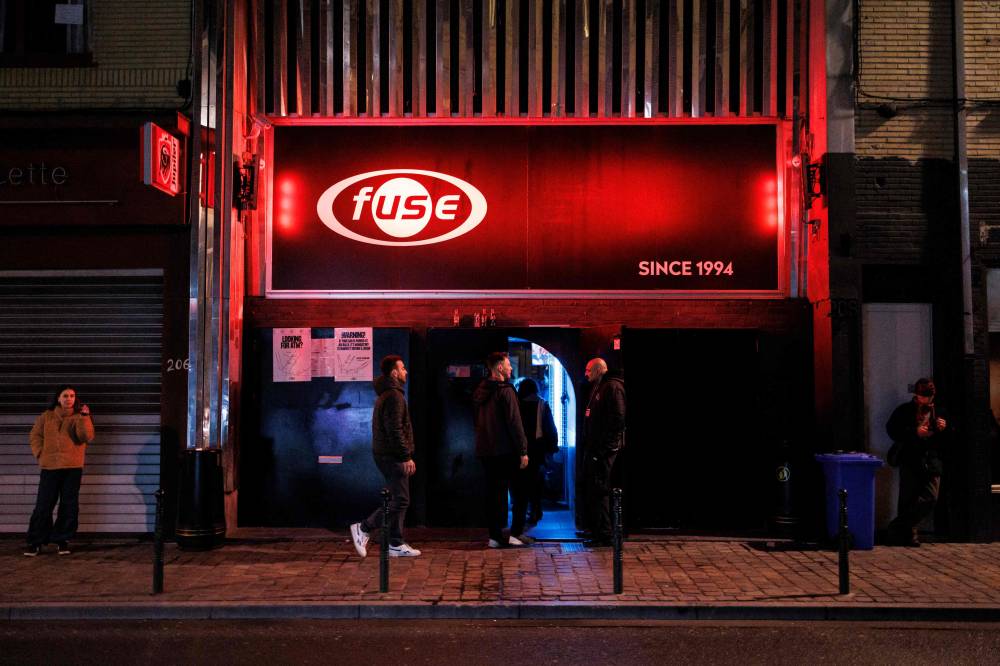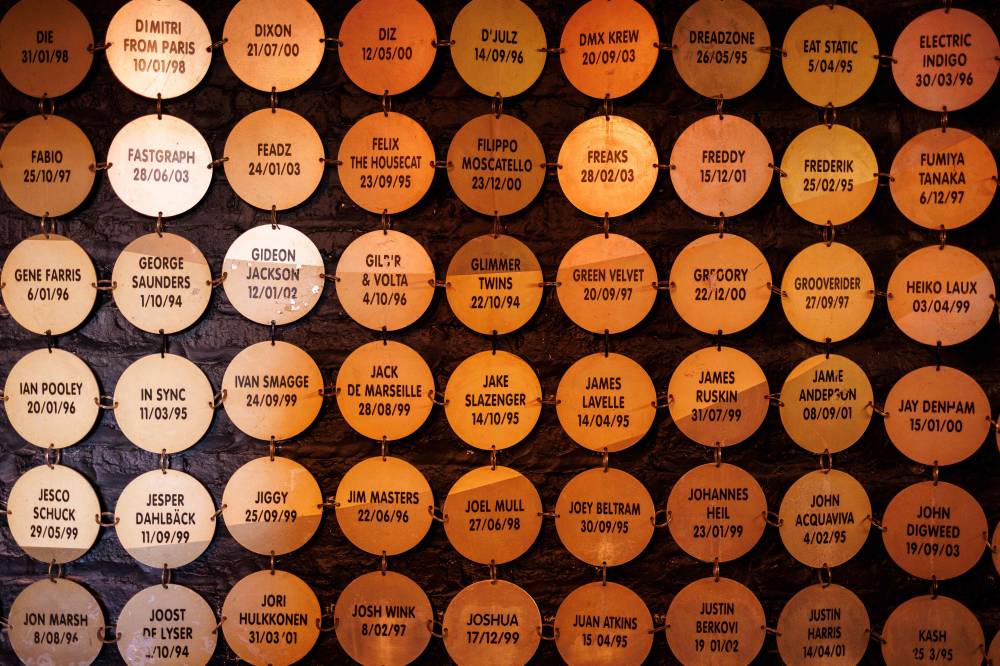Famed Brussels nightclub sees off noise complaints

BRUSSELS—For 30 years, the Brussels nightclub Fuse has stood as a temple to Europe’s legions of electro-techno fans, a venue where the likes of Daft Punk and Aphex Twin set the concrete-walled dance floor thumping.
Those thumps, though, are increasingly the source of tensions with neighbors who want more restful nights.
It’s a tussle—between youthful cultural exuberance and city-center gentrification, a clash of generations and lifestyles—seen in many of the world’s capitals.
And it’s one that hangs heavy over Fuse as it celebrates its three decades of existence.
Throughout 2024 the nightclub is emphasizing its cultural status by bringing out a memorial book and a vinyl compilation by top artists.
It is also kicking off a global club tour of 10 cities that will include Amsterdam, Berlin, Barcelona and London, all under the banner “30 years of making noise.”
The celebration is backed by big-name sponsors—international soft drink brands and Belgian beer brewers—and Brussels city politicians who hold Fuse up as a world-class “monument.”
Yet some residents in Fuse’s Marolles district—a formerly working-class neighborhood gone hipster—would be happier to see all that as a crescendo before a definitive fade to silence.

‘Clubbing’ culture
“It’s tougher and tougher for clubs to exist in city centers,” said DJ Pierre—real name Pierre Noisiez—who is one of a roster filling Fuse with sound since it started in 1994.
“If you get rid of them, you end up with a city center that is dead, which no-one wants,” he said.
The club’s management has lashed out at noise complaints being made that threaten “the oldest techno club in Belgium.”
Fuse was forced to close for three weeks in January 2023 after complaints from one neighbor prompted authorities to swoop in with noise restrictions.
“It really breaks my heart,” DJ Charlotte de Witte, a Belgian who is one of the global stars of the techno scene, said of the order.
Since then, there have been “two new complaints from neighbors,” the club’s artistic director, Steven Van Belle, told AFP, who said the problem was not going away.
“It’s still a hot topic but the authorities are working on more protections for us,” he said.
Last year’s January closure triggered a spectacular backlash uniting artists, nightclub goers and politicians.
Several months later, in July 2023, “clubbing” culture was added to the list of intangible heritage for the Brussels region—alongside beer and Belgium’s “fritkot” stands that sell french fries.
The symbolic move was a direct consequence of Fuse’s dilemma.

Neighbors ‘have to adapt’
Closing Fuse would have “imperiled all nightlife” in Brussels, said an aide to the official, Ans Persoons, in charge of the city’s heritage.
With the listing, “the neighbors also have to adapt to what is considered part of the heritage.”
The classification—which is distinct from the internationally recognized Unesco heritage list—applies to “at least 100 places” in the Brussels region, according to the nightlife federation that lobbied for it.
Some 20 Belgian nightclubs, late-hour bars, concert venues and open-air dance festivals round out the list.
To balance their activity—which often spurs the local economy in the areas they are located in—against living standards other residents are entitled to, Brussels regional authorities have drawn up new urban rules to be followed.
They cover planning permits and sound isolation requirements, as well as obligations for the venue’s users—and for direct neighbors.
Van Belle said he was awaiting formalization of those rules, to see them become law once they are voted on by the regional parliament. —AFP
AFP is one of the world's three major news agencies, and the only European one. Its mission is to provide rapid, comprehensive, impartial and verified coverage of the news and issues that shape our daily lives.

















